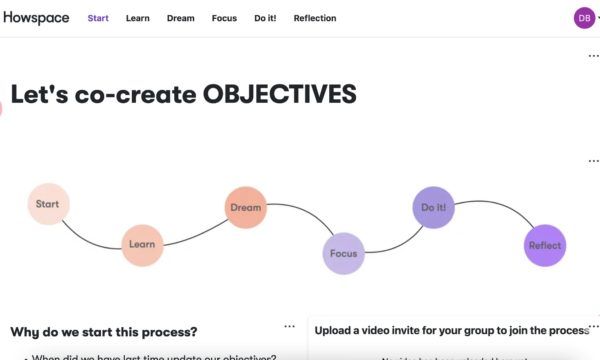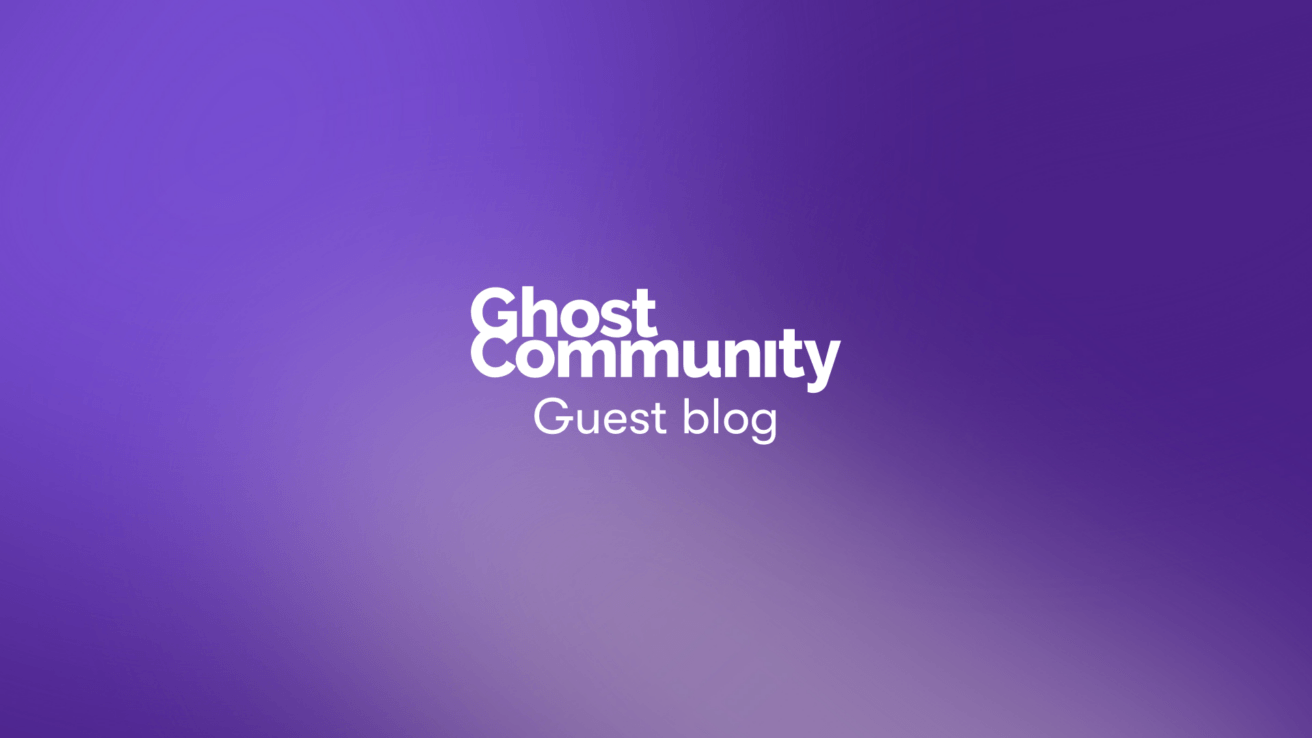
Liberating organizational paradigms: the triumph of community-centricity over Taylorism
This is a guest blog written by Jussi Tapio, Co-Founder, Strategic Growth Advisor at Ghost.
It’s high time we ditch the dusty, old-school Taylorism in our corporate cultures. Let’s spark a rethink, pushing for the integration of genuine human sciences. We must collectively rise against outdated management practices and embrace community-centricity, challenging the obsolete confines of rigid organizational structures.
In my voyage through the domains of sociology and management in early 21st-century England, a profound truth struck me: our management teachings were deeply entrenched in the dogmas of Taylorism, not really surprisingly. Real human sciences like philosophy, psychology, and sociology were overshadowed by pseudo-sciences hurriedly patched into management practices without a solid intellectual base. This diluted version of “management” blatantly disregarded historical resources, notably the immense power of the community.
Today signifies a radical shift, challenging the status quo and rallying behind a more human-centric approach, defiantly embracing community-centricity, social constructionism, and revolting against the outdated stranglehold of Taylorism. I am starting to witness and ardently believe that these new paradigms will fortify and drive organizations into a future-proof realm.
Communities vs. Taylorism: A History Lesson
Throughout history, communities have been the creators of social realities, sculpting collective identities. Conversely, Taylorism, known for its scientific management principles, robotized tasks, and dehumanized workplaces, reduced individuals to mere cogs in the industrial machinery. This archaic system has become defunct in a rapidly changing world. Organizations must revolutionize their perspective, seeing people not as parts but as catalysts for transformative progress.
Revamping organizations: Embracing Community-Centricity
Today’s transformations champion community-centricity, reigniting shared realities within workplaces. It’s not about useless PowerPoint monologues anymore; it’s a collective narrative directing the path of organizations. It was not possible before to engage hundreds of people to dialogue around the organization’s purpose – now 1000 people simultaneously – no problem. Ghost Community is a boutique consultancy that crafts methodologies and orchestrates transformation processes through the utilization of community-centered thinking. If a small company such as ours has effectively fostered meaningful workshops engaging over 30,000 individuals within a transformative context over the last two and a half years, it stands as evidence of a paradigm shift that is possible by utilizing the approach and available technology.
Vital principles for a modern organizational culture
There are some key principles that we follow when moving companies from bureaucracies to modern organizations through the utilization of community thinking.
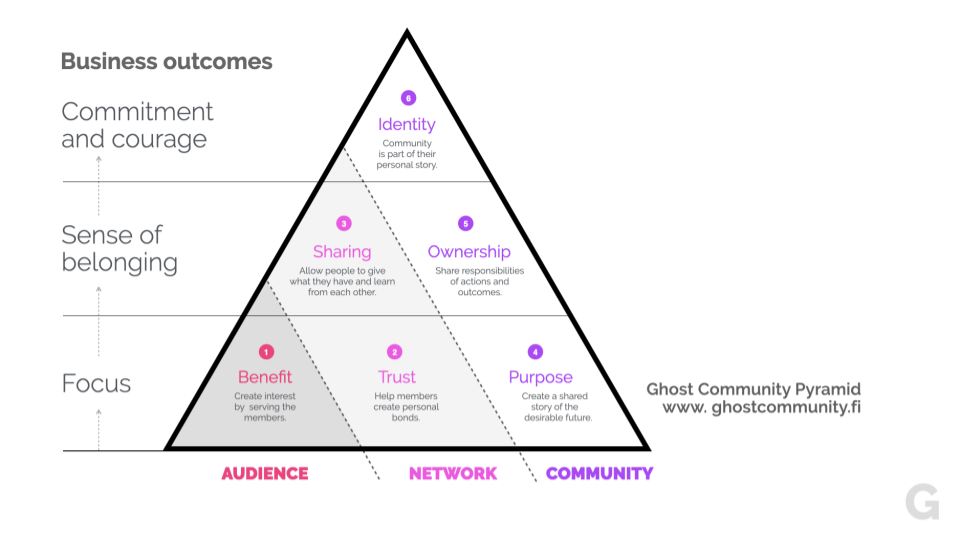
Consider here the few most important aspects of community building:
1) Fostering Ownership: Open dialogue cultivates a sense of belonging and shared responsibility, which is especially crucial in segmented organizations. Howspace has been a technological breakthrough, transforming this vision into a reality in our facilitation of transformation.
2) Cultivating Trust and Shared Meaning: Transparent communication constructs trust and shared purpose, shunning Taylorism’s one-sided dictations. This is now achievable by enabling communication without the constraints of place or time through digital platforms. Burn the Post-it notes, please!
By focusing only on these two foundational community elements, we’ve uncovered how they advantage modern organizations by…
In practice: why communities?
Embracing community-centricity breathes vitality into organizational cultures, fostering collective intelligence and reshaping the course of progress. It signifies a shift away from rigid hierarchies towards dynamic and collaborative energy, fueling innovation and resilience in our constantly evolving world. The evolution of this era demands inclusivity from the outset, shifting away from knowledge held solely by a select few—’management.’ Through employing a community-based approach, companies adapt faster, becoming more resilient and ultimately improving their business practices. This encapsulates the ethos of Ghost Community: liberating the power and wisdom of large crowds in organizations, both online and onsite. (Preferably online if there is no time to enjoy some sparkling and coincidental encounters 🙂)
You might be interested in these as well
View all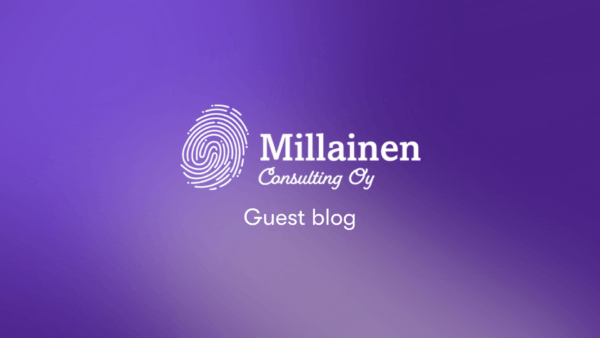
Emotional Leadership in Change and Transformations at Different Organizational Levels
Discover the power of emotional leadership in navigating change at different organizational levels.

Gofore joins forces with Howspace as a new strategic partner
Gofore joins forces with Howspace as a new strategic partner to drive human-centric digital transformation.
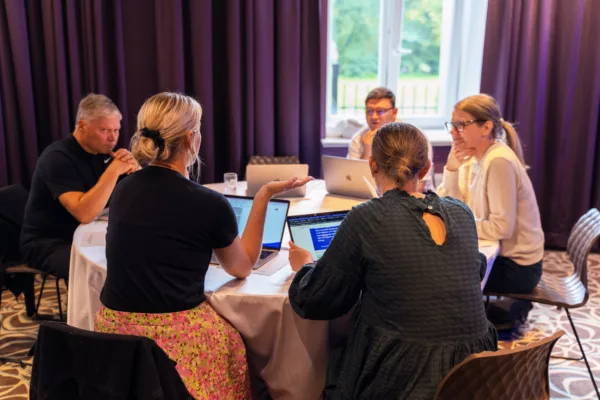
Make Your Decision-Making More Inclusive and Effective
Participatory decision-making taps into the collective wisdom of your entire workforce. Here’s how to make more impactful decisions in your organization.
Templates related to this topic
View all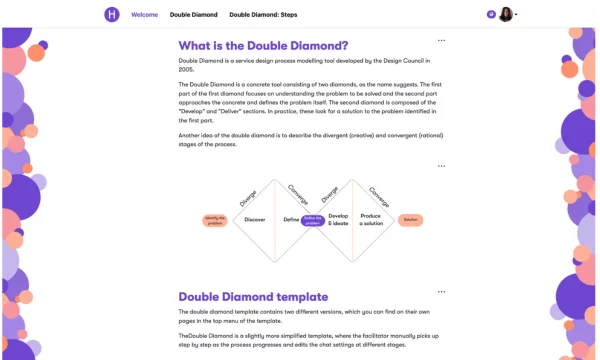
Double Diamond
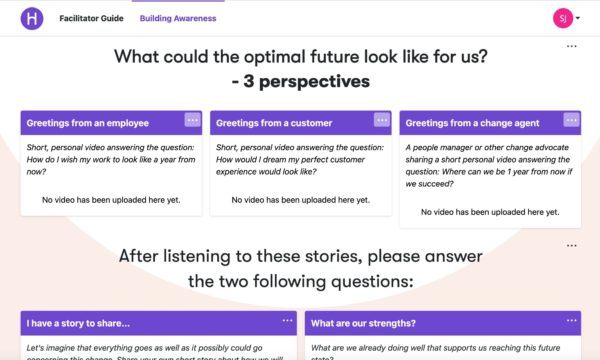
ADKAR: Awareness Stage
